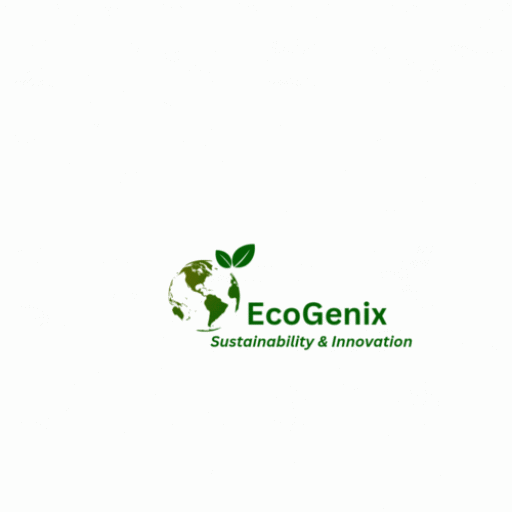Introduction
In the face of rapid urbanization and increasing environmental concerns, the need for sustainable transportation systems has never been more pressing. Traditional transportation methods, heavily reliant on fossil fuels, have contributed significantly to pollution and climate change. In response to these challenges, cities around the world are now embracing sustainable transportation solutions to create greener, cleaner, and more efficient urban environments.
Defining Sustainable Transportation
Sustainable transportation refers to modes of transport that are environmentally friendly, socially equitable, and economically viable over the long term. These systems aim to minimize their impact on the environment, reduce greenhouse gas emissions, and promote social inclusion and economic development. Key components of sustainable transportation include public transit, cycling infrastructure, pedestrian-friendly designs, electric vehicles, and innovative mobility solutions.
Promoting Public Transit
Public transit plays a pivotal role in sustainable transportation systems. Efficient and accessible public transportation networks encourage people to leave their cars at home, thereby reducing traffic congestion and lowering emissions. Investments in high-quality, reliable public transit options, such as buses, trams, and trains, make it more convenient for commuters to choose public transport over private vehicles.
Encouraging Active Transportation
Promoting active transportation, such as walking and cycling, not only reduces emissions but also improves public health. Designing cities with dedicated bike lanes, pedestrian paths, and safe crossings encourages people to choose these eco-friendly modes of travel. In addition to reducing pollution, active transportation enhances physical well-being and fosters a sense of community.
Embracing Electric Vehicles
The rise of electric vehicles (EVs) represents a significant leap toward sustainable transportation. EVs produce zero tailpipe emissions, making them a cleaner alternative to traditional gasoline-powered cars. With advancements in battery technology and charging infrastructure, electric vehicles are becoming more affordable, practical, and accessible, encouraging widespread adoption and reducing the overall carbon footprint of transportation.
Innovative Mobility Solutions
In the digital age, innovative mobility solutions are transforming the way people move within cities. Ride-sharing services, carpooling apps, and on-demand transportation platforms optimize vehicle usage, reduce the number of cars on the road, and decrease emissions. Additionally, the integration of smart technology, like real-time transit tracking and route optimization apps, enhances the efficiency of transportation systems, making them more user-friendly and environmentally conscious.
Challenges and Solutions
Implementing sustainable transportation systems is not without challenges. Resistance to change, limited funding, and the need for extensive infrastructural modifications can pose hurdles. However, cities worldwide are overcoming these challenges through comprehensive urban planning, policy reforms, and public-private partnerships. Governments, businesses, and communities are collaborating to invest in sustainable transportation initiatives, create awareness, and develop innovative solutions, fostering a collective commitment to a greener future.
Conclusion
Sustainable transportation systems are the linchpin for building environmentally friendly, socially inclusive, and economically robust cities. By investing in public transit, promoting active transportation, embracing electric vehicles, and leveraging innovative mobility solutions, communities can reduce their carbon footprint, alleviate traffic congestion, and enhance overall quality of life. As we continue to embrace these eco-friendly alternatives, we pave the way for a more sustainable, greener future, ensuring that generations to come can enjoy cleaner air, efficient mobility, and a healthier planet.
ARTICLE BY: WAYNE TOTA
Food Security and Climate Change
waynetota9@gmail.com
0601133196239
Visit for more articles:
https://sites.google.com/view/foodsecure-sustain-agriclimate/home.
